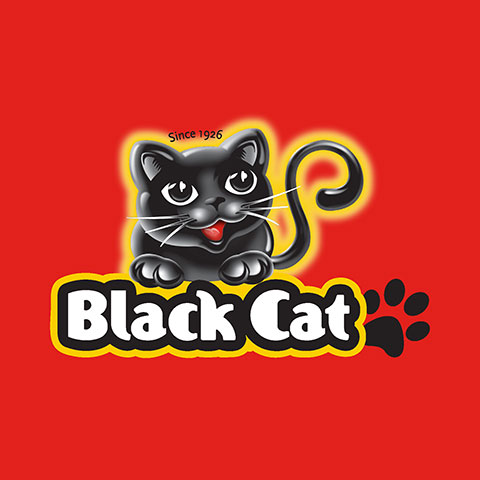How Black Cat Became South Africa’s Favorite Peanut Butter

How Black Cat Became South Africa’s Favorite Peanut Butter. Black Cat Peanut Butter has been a staple in South African households since its inception in 1926. Over the decades, the brand has navigated various challenges and implemented strategic initiatives to popularize peanut butter across the nation. This article delves into Black Cat’s journey, highlighting key strategies and milestones that contributed to its enduring success.
Establishing a Strong Foundation
Black Cat’s journey began in 1926 when it was first produced by Alderton Limited in Potgietersrus. Recognizing the product’s potential, Tiger Brands acquired it, integrating Black Cat into its portfolio. This early adoption laid a solid foundation for the brand’s growth in South Africa.
Entrepreneurial Insight: Identifying and investing in products with potential can establish a strong market presence.

Commitment to Quality and Health
Black Cat distinguished itself by offering a “no sugar, no salt” peanut butter variant, allowing it to carry the Heart Foundation’s endorsement. This commitment to health-conscious products resonated with consumers seeking nutritious options, enhancing the brand’s reputation.
Entrepreneurial Insight: Aligning products with health standards can attract health-conscious consumers and build trust.
Strategic Marketing and Rebranding
To stay relevant, Black Cat invested in rebranding efforts. Collaborating with Berge Farrell Design, the brand underwent a packaging redesign to appeal to modern consumers while retaining its essence. The new design emphasized quality and health, featuring bold, uncomplicated visuals and vibrant colors to attract a younger audience.
Entrepreneurial Insight: Periodic rebranding can rejuvenate a product’s image and attract new demographics.

Innovative Campaigns to Engage Consumers
Black Cat launched the “Don’t Stop. You Can Do It.” campaign, emphasizing perseverance and energy. This campaign resonated with consumers, associating the brand with motivation and strength.
Entrepreneurial Insight: Crafting campaigns that align with consumers’ values can strengthen brand loyalty.
Investment in Advanced Manufacturing
In 2024, Tiger Brands invested R300 million in a state-of-the-art manufacturing facility in Chamdor, Krugersdorp. This facility aims to enhance production efficiency, reduce costs, and foster innovation, ensuring that Black Cat remains competitive in the market.
Entrepreneurial Insight: Investing in advanced infrastructure can improve product quality and operational efficiency.

Conclusion
Black Cat’s success in popularizing peanut butter in South Africa is a testament to its strategic initiatives, commitment to quality, and adaptability. By focusing on health-conscious products, engaging marketing campaigns, and continuous innovation, the brand has maintained its relevance and appeal. Aspiring entrepreneurs can learn from Black Cat’s journey that understanding consumer needs, investing in quality, and staying adaptable are crucial for long-term success.




